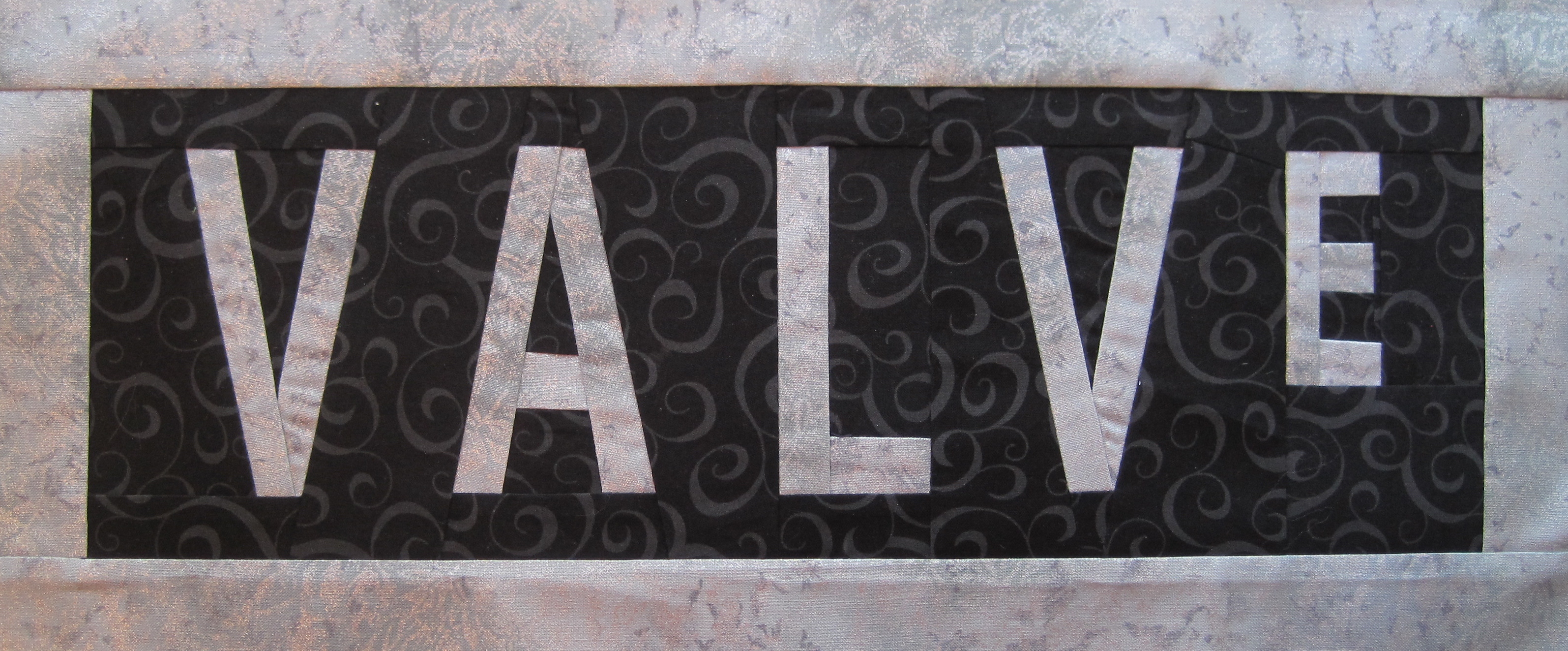Video Games and National Economies: The Valve Solution


Last month, the Coalition of the Radical Left (also known as SYRIZA), a left-wing party, swept the Greek legislative elections, winning 149 of the 300 seats in the national legislature. Faced with economic struggle, high inflation, and unemployment, the Greek people trusted this party to fix their economic situation. The one to take on this task is Yanis Varoufakis, the new Minister of Finance. Before his political venture, he had a particular role: he was the in-house consulting economist for the video game company Valve. Its use of economics, as well as its horizontal management structure, are unique. According to Varoufakis, this model could signal a change in how companies worldwide are structured and could eventually help efficiently evaluate ways in which national economies are managed.
At Valve, Varoufakis was responsible for managing purchases made in the game. Valve is most known to gamers for producing games such as Counter-Strike, DOTA, and Half-Life, as well as Steam, an online game store and community hub. One might wonder why a video game company would need an economist to manage its in-game content, including, for example, purchases of skins for virtual weapons or new apparel for characters. Those items can even be traded amongst players. Thus, it was the new finance minister’s job to oversee such transactions. He explained that he was in charge of “an economy where every action leaves a digital trail, every transaction is recorded; indeed, an economy where we do not need statistics since we have all the data.[2]” This allowed him to treat the economy of a video game like a real-world one, albeit with more data and resources at hand, making empirical studies easier. His reasoning is that, unlike statistics-reliant econometrics, Valve’s in-game economies allowed him to “change the economy’s underlying values, rules, and settings, and then sit back to observe how the community responds, how relative prices change, the new behavioral patterns that evolve.[3]” He was similar to a scientist experimenting in a lab. In his own words, it was “an economist’s dream come true[4]”.
During his time at Valve, Varoufakis also used his blog on the company’s website as a means to describe its particular management structure. When he accepted the job, Varoufakis stated that one of his goals was to “bring together lessons from the political economy of our gamers’ economies and from studying Valve’s very special (and fascinating) internal management structure.[5]” But what is that said structure? Whereas most companies are managed with a top-down approach (i.e. with a the board of directors, CEO, etc at the top for decision-making), Valve operates with a horizontal approach: meaning that at Valve, there are essentially no bosses and no hierarchy of authority. The reason for that is to allow the company’s staff to have more flexibility in regards to their time management. Rather than placing employees into groups and assigning them to a certain task, they can pursue their projects the way they believe is most efficient. Of course, they are placed into teams for major game projects, but even then, there is leeway concerning task-allocation in a game’s development. Valve founder and CEO Gabe Newell explains that “a group contributor’s job is to help other people be more productive, and in doing that you sacrifice some of your own productivity. [6]” Furthermore, there is no such thing as calculated sick leave or vacation. The rationale is that if employees can be trusted to manage their time at the office, they should also be allowed to manage their time outside of work.[7]. Valve’s model thus gives its staff more flexibility than other companies usually do.
Of course, such a particular management system is not all positive. According to Newell, the main problem is that there is no real means of preventing mistakes. During the development of the game Half-Life 2, “one of the engineers made a bunch of really bad decisions. There was no monitoring system along the way, so it took [them] about six months longer than it should have for [them] to catch it. It cost everyone on the team a whole bunch of extra work.[8]” However, Varoufakis seems to believe that the current, hierarchical model of company management is dying. He claims “the current system of corporate governance is bunk. Capitalist corporations are on the way to certain extinction.” The Valve model, born from inside the company rather than the market, and based on time allocation rather than market prices, represents an important change for how companies are managed.
In terms of managing Greece’s finances, Varoufakis’ experiences at Valve have not helped him find which specific economic model works for a country. He has said that accurately determining the appropriate economic policies won’t be possible without a job market and a financial market within online communities themselves. He claims that while this has not happened yet, it will eventually. Once it does, we will be able to prove that economic models, like that of the U.S. Federal Reserve, the International Monetary Fund (IMF) or the Organization for Economic Co-operation and Development (OECD), are obsolete and not worth building at the national level[9]. He claims that the main flaw of those models, which are applied by most capitalist nations and countries, is that they assume a tendency towards a stable equilibrium, which he claims “makes our models look better[10]”, but is “not replicated in the real world.[11]” To simplify, those models follow Adam Smith’s theory of the invisible hand and the self-regulating nature of markets, which as we now know today, is not always true. In the modern world, no economy is either a full-fledged market economy or a total command economy: a mix of government intervention and “laissez-faire” is the model employed by most countries. Varoufakis understood the flaws of those models by observing the economy of the game Team Fortress 2. He noticed that players traded items due to unplanned surpluses, and realized that this resembled that of real-world economies a few centuries ago. The new finance minister was thus able to conclude that liberal economics is founded on an erroneous assumption[12]. While Varoufakis’ experiences at Valve may not fully help him solve Greece’s economic woes, he is certain that “Valve’s organization will become, if not a central chapter, at the very least an important footnote in this historical turn.[13]” One thing is certain; it is a breakthrough in the field of economics and could shift how economies are managed for years to come.
[1] Hirst, Thomas. “What Greece’s ‘rock-star’ Finance Minister Told Us about How He Wants to save Europe.” Business Insider. Business Insider, 4 Feb. 2015.
[2] Varoufakis, Yanis. “IT ALL BEGAN WITH A STRANGE EMAIL | Valve.” Valve Economics. Valve, 14 June 2012.
[3] Ibid.
[4] Ibid.
[5] Ibid.
[6] Suddath, Claire. “Why There Are No Bosses at Valve.” Bloomberg.com. Bloomberg, 27 Apr. 2012.
[7] Peterson, Andrea. “Gabe Newell on What Makes Valve Tick.” Washington Post. The Washington Post, 3 Jan. 2014.
[8] Op.Cit. Suddath.
[9] William, Audureau, and Damien Leloup. “Ce Que Les Jeux Vidéo Ont Appris Au Nouveau Ministre Des Finances De Grèce.” Le Monde.fr. Le Monde, 27 Jan. 2015.
[10] Suderman, Peter. “”A Multiplayer Game Environment Is Actually a Dream Come True for an Economist”” Reason.com. Reason, 07 May 2014.
[11] Ibid.
[12] William, Audureau, and Damien Leloup. “Ce Que Les Jeux Vidéo Ont Appris Au Nouveau Ministre Des Finances De Grèce.” Le Monde.fr. Le Monde, 27 Jan. 2015.
[13] Varoufakis, Yanis. “Why Valve? Or, What Do We Need Corporations for and How Does Valve’s Management Structure Fit into Today’s Corporate World? | Valve.” Valve Economics. Valve, 3 Aug. 2012.
